
The Leaders Bookshelf
Published by Rowman & Littlefield
An imprint of The Rowman & Littlefield Publishing Group, Inc.
4501 Forbes Boulevard, Suite 200, Lanham, Maryland 20706
www.rowman.com
Distributed by NATIONAL BOOK NETWORK
Copyright 2020 by Martin E. Cohen
All rights reserved. No part of this book may be reproduced in any form or by any electronic or mechanical means, including information storage and retrieval systems, without written permission from the publisher, except by a reviewer who may quote passages in a review.
British Library Cataloguing in Publication Information Available
Library of Congress Cataloging-in-Publication Data
ISBN: 978-1-5381-3576-1 (cloth)
ISBN: 978-1-5381-3577-8 (electronic)
 The paper used in this publication meets the minimum requirements of American National Standard for Information SciencesPermanence of Paper for Printed Library Materials, ANSI/NISO Z39.48-1992.
The paper used in this publication meets the minimum requirements of American National Standard for Information SciencesPermanence of Paper for Printed Library Materials, ANSI/NISO Z39.48-1992.
Contents
Guide

O ne of the themes of this book is that no book is an island, in the sense that books often connect to earlier books (which in turn usually connect to others, and so on.) But in another sense too, books are not really the product of just one solitary individual, the author, but rather depend on a more subtle network of contributors and enthusiasts. And so here, I would like to explicitly thank some of those who helped this book to grow from hazy idea to a finalreasonably well-defined!text.
First of all, I should like to thank my researcher, Paula, who is also my sister and twin! We have many things NOT in common, but here in this project we were able to work together with a very precious empathy and shared values, identifying interesting characters for the chapters, discussing the detail of the narratives. When the book reached the stage of searching for a publisher, and indeed through all the projection processes, I have been very lucky to have a wonderful and tireless literary agent in New Yorks Mark Gottlieb. One of the pleasures of this book was that it took me to that city and I was able to meet and have a coffee with Mark high up in one of those iconic skyscrapers .
Once the book was really underway though, my thanks are to my editors at Rowman and Littlefield, particularly Suzanne Staszak-Silva and Natalie Mandziuk, who saw in the original, rather different manuscript, an elegant statue trapped in a block of marble, as it were, while my production editor, Elaine McGarraugh, helped us navigate several rather alarming crises in the vexed year of 2020.
I would like to rethank my illustrator, Judith Zolumio, for her pictures and indeed her personal enthusiasm for the project, and also a special shout out must go to Milo Cohen for his pictureand supportfor the project too.
Of course, there are lots of other people involved who have helped as well, and if a tight production schedule prevents me from naming them here, I hope they will accept my genuine, if generalised, appreciation for all that they have done too.
Martin Cohen
Lewes, UK,

T his is a book about books. In the process it explores the lives of some remarkable peopleinventors, scientists, business gurus, and political leadersbut its not just a book about people and their life stories. Rather it is a book about ideasand inspirations. Because it turns out that the paths of many famous people start out with a particular book that inspired them when they were young. And so exploring these shared ideas, dreams, and inspirations is the heart of this book. Inspiration, in fact, is the thread that ties together individuals with characters and backgrounds as diverse as Jimmy Carter and Henry Ford, Jane Goodall and Barack Obama, Malcolm X and Judge Clarence Thomas.
Each chapter typically consists of two such famous people, each with their own extraordinary tale. The first person introduced is more historical, usually revealing the character and motivations of someone most of us have heard of without really ever knowing much aboutlike Thomas Edison or Malcolm X. Biographies like these reveal that life is truly stranger than fiction. Paired with each such figure is a more recent soulmate, someone different in many respects yet nonetheless linked across the years by a shared philosophyand a love of books. And I think their inspirations can become our inspirations too.
Of course, theres never been any shortage of sources of advice on the ingredients of success. Today, there are a veritable plethora of advisors and experts offering advice on how to get rich, be successful, and impress people. More than that, there are expensive business school and university courses promising pretty much the same, and last but not least, there are the books.
When their advice is good, then the advisors, the professors, the entrepreneurs and the authors deserve to be celebrated, paid highly, and feted with garlands. When it is not so good, though, they deserve to be unceremoniously pickled, sawn in half, boiled, minced, and torn apart by chariots. Thats the advice offered by the great Chinese strategist Sun Tzu in his classic work, The Art of War, written no less than 1,500 years ago! Ive refreshed the translation slightly; and although the last line is pretty literal and maybe dates it a bit, the message itself is timeless: the search for wise advice goes back as long as there have been human societies, and this certainly played a key role in the working of the ancient Chinese imperial court.
Indeed, since the time of the ancient Chinese sages, the advice industry has ballooned. And as the penalties for giving dodgy tips in a book or offering up duff strategies to politicians have evidently been reduced, inevitably a lot of the stuff around now is rather useless. Nonetheless, it is worth noting that even as Sun Tzu warned people about bad advice, he joined the very same books for self-improvement industry by writing it down, if not exactly as a book at least as a bundle of bamboo strips. (In 1972, a set of such strips dating from the Han Dynasty was found in a tomb in Yinque Mountain in eastern China.) All of which just goes to show (you cant get away from it) that books are the indispensable tools for success. And, however success may be defined, since surely most of us have hopes of achieving some aspect of it in life, the problem is a practical and strategic one: how to get from A to B. Bookswhether reference tomes or fantasy fictionare the indispensable tool for doing just that.
Take Warren Buffett, the business magnate, who I look at alongside John Rockefeller in . The CEO of Berkshire Hathaway and investor nicknamed the Oracle for his uncanny knack for spotting money-spinning opportunities seems to read books like athletes practice for tournaments. When asked what he thought was the key to his own achievements, he is supposed to have pointed to a nearby pile of waiting hardbacks and said, Read 500 pages like this every day. Thats how knowledge works. It builds up, like compound interest.
After all that reading, Buffett only has 20 percent of his day left for things like eating, driving to the bookstore, and maybe talking to journalists. We might think that a better life balance is perhaps struck by Bill Gates, founder of the huge computer company Microsoft, who is almost as rich and yet claims to read merely one book a week. A lot of them are business texts, although his personal blog, GatesNotes, features over 150 book recommendations for everything from scientific histories to novels and biographies to in-depth studies of social issues. The blog even offers short lists of beach reading, but even this is pretty serious stuffbooks like
Next page



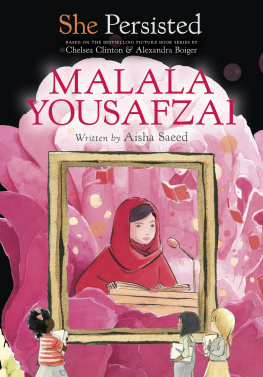
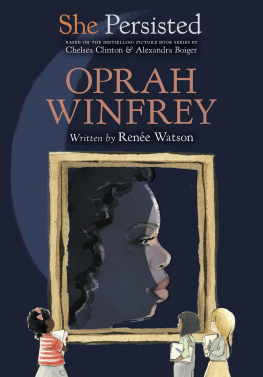
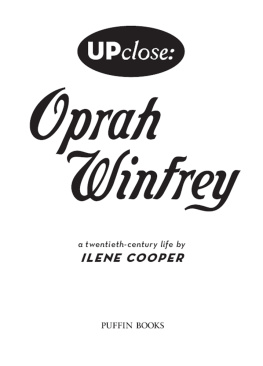
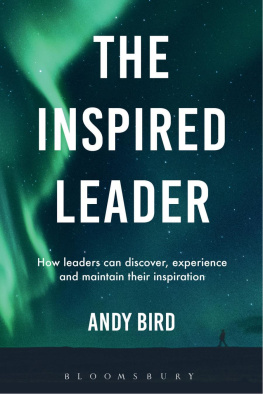
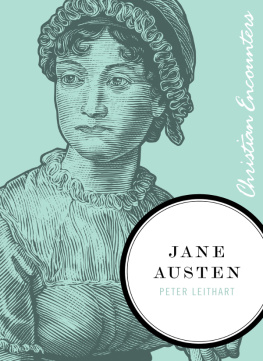
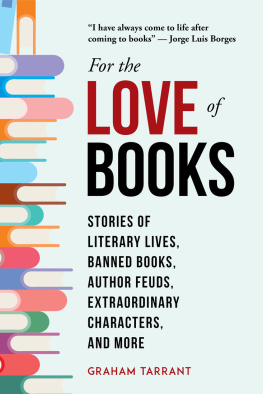
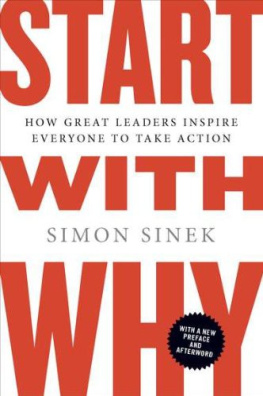

 The paper used in this publication meets the minimum requirements of American National Standard for Information SciencesPermanence of Paper for Printed Library Materials, ANSI/NISO Z39.48-1992.
The paper used in this publication meets the minimum requirements of American National Standard for Information SciencesPermanence of Paper for Printed Library Materials, ANSI/NISO Z39.48-1992.